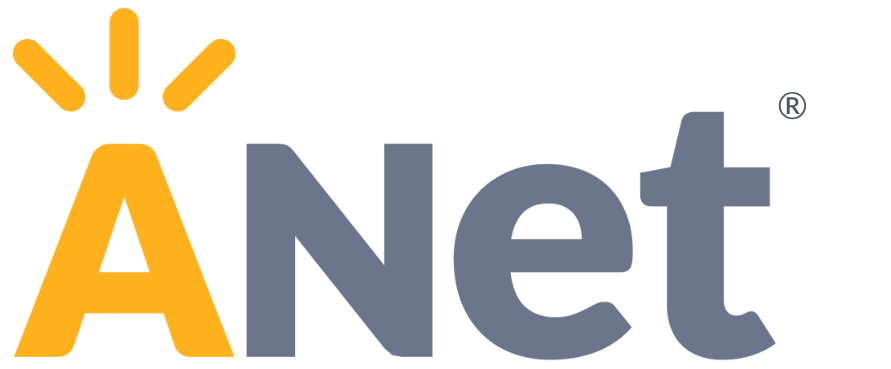 To celebrate National Bilingual/Multilingual Learner Advocacy Month, we sat down with ANet’s resident expert, Dr. Ayanna Cooper Director of Multilingual Learners / English Learners, to talk about what we can do to better serve our linguistically diverse students. This is part of a five-part series with Dr. Cooper throughout April.
To celebrate National Bilingual/Multilingual Learner Advocacy Month, we sat down with ANet’s resident expert, Dr. Ayanna Cooper Director of Multilingual Learners / English Learners, to talk about what we can do to better serve our linguistically diverse students. This is part of a five-part series with Dr. Cooper throughout April.
Read part one here.
Read part three here.
Read part four here.
Read part five here.
I have to ask since it’s the 70th anniversary of Brown v. Board–are there any civil rights implications to supporting this group of students?
Indeed! 2024 marks the anniversary of two very important supreme court cases. As you noted, the 70th anniversary of Brown v. Board, which ruled segregated schools unconstitutional. Lau v. Nicholes, celebrates its 50th anniversary. This landmark case ruled in favor of providing additional language support instruction so that students can learn English in order to receive an equal education. There is no doubt about the significance of these landmark decisions. I wonder about the progress we’ve made (or not) over the years. How far have we come? How much further must we go in order to create and sustain equitable learning communities?
In 2015, the United States Department of Education, in partnership with the Office of Civil Rights and the Department of Justice, issued the Dear Colleague Letter. That letter outlined the federal obligations for English learners. In 'And Justice for ELs: A leader's guide for creating and sustaining equitable schools' I use the obligations to help illustrate what those obligations look like day to day. Topics include identifying students eligible for language support, types of language support programs offered to students, how annually language progress is monitored, and what we are doing (or not) with this data set. it's imperative we not only know and understand the obligations but also what’s at stake if we don’t. I also use the obligations to help learning communities self-assess and redress areas in need of attention.
Providing EL Students with a Language Assistance Program…school districts must provide them with appropriate language assistance services. Language assistance services or programs for EL students must be educationally sound in theory and effective in practice; (USDOE, p. 12)
.png?width=314&height=314&name=Outdoor%20Market%20(1).png) When we evaluate various student performance data points, I help partners look for trends. If we see a trend where students are plateauing, I’ll ask what might be contributing to this trend. The same question applies when we see students exceeding expectations. What variables could be positively or negatively impacting positive student outcomes? The data may not tell us exactly what is happening, but it can help us to ask more probing questions. At the very least, it points us in the right direction if we look closely enough. My favorite is “Do you have data to prove that what’s in place is working for your students?”
When we evaluate various student performance data points, I help partners look for trends. If we see a trend where students are plateauing, I’ll ask what might be contributing to this trend. The same question applies when we see students exceeding expectations. What variables could be positively or negatively impacting positive student outcomes? The data may not tell us exactly what is happening, but it can help us to ask more probing questions. At the very least, it points us in the right direction if we look closely enough. My favorite is “Do you have data to prove that what’s in place is working for your students?”
Although we have come a long way since Brown v. Board of Ed. and more students have been afforded a bilingual education since Lau V. Nicholes, there are far too many communities that remain divided by zip codes, socioeconomic status, and appropriate resources. This affirms the importance of the work we do as an anti-racist organization, including being champions for linguistic diversity and advancing equity across the learning communities we partner with.
I’m interested to hear what questions (and answers) you have asked and what related conversations you’ve had around state and federal obligations for linguistically diverse learners. Fill out the form to ask any questions about ML/EL students.
Resources
Brown v. Board of Education, 347 U.S. 483 (1954)
Lau v. Nichols, 414 U.S. 563 (1974)
U.S. Department of Justice & U.S. Department of Education. (2015). Dear colleague letter:
English learner students and limited English proficient parents. Retrieved from https://www2.ed.gov/about/offices/list/ocr/letters/colleague-el-201501.pdf
